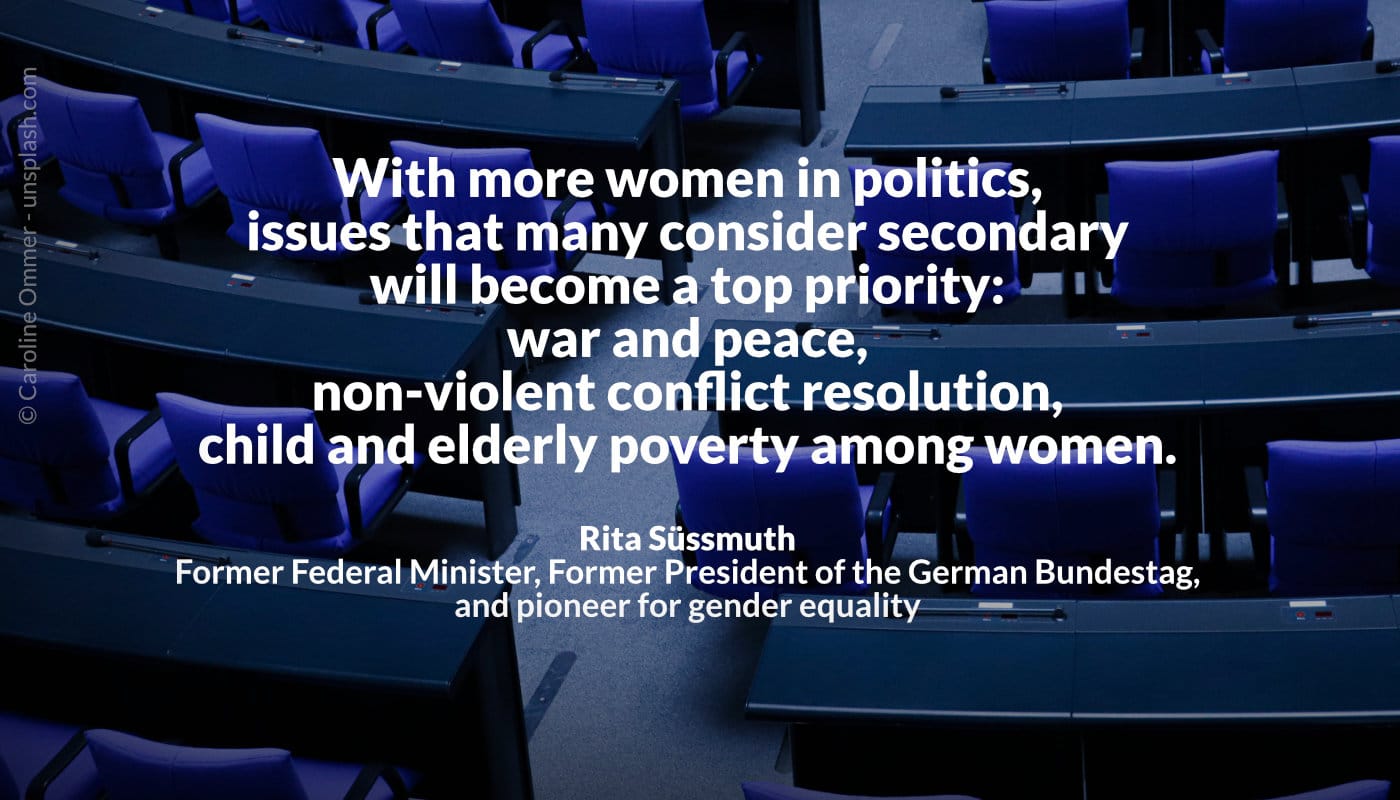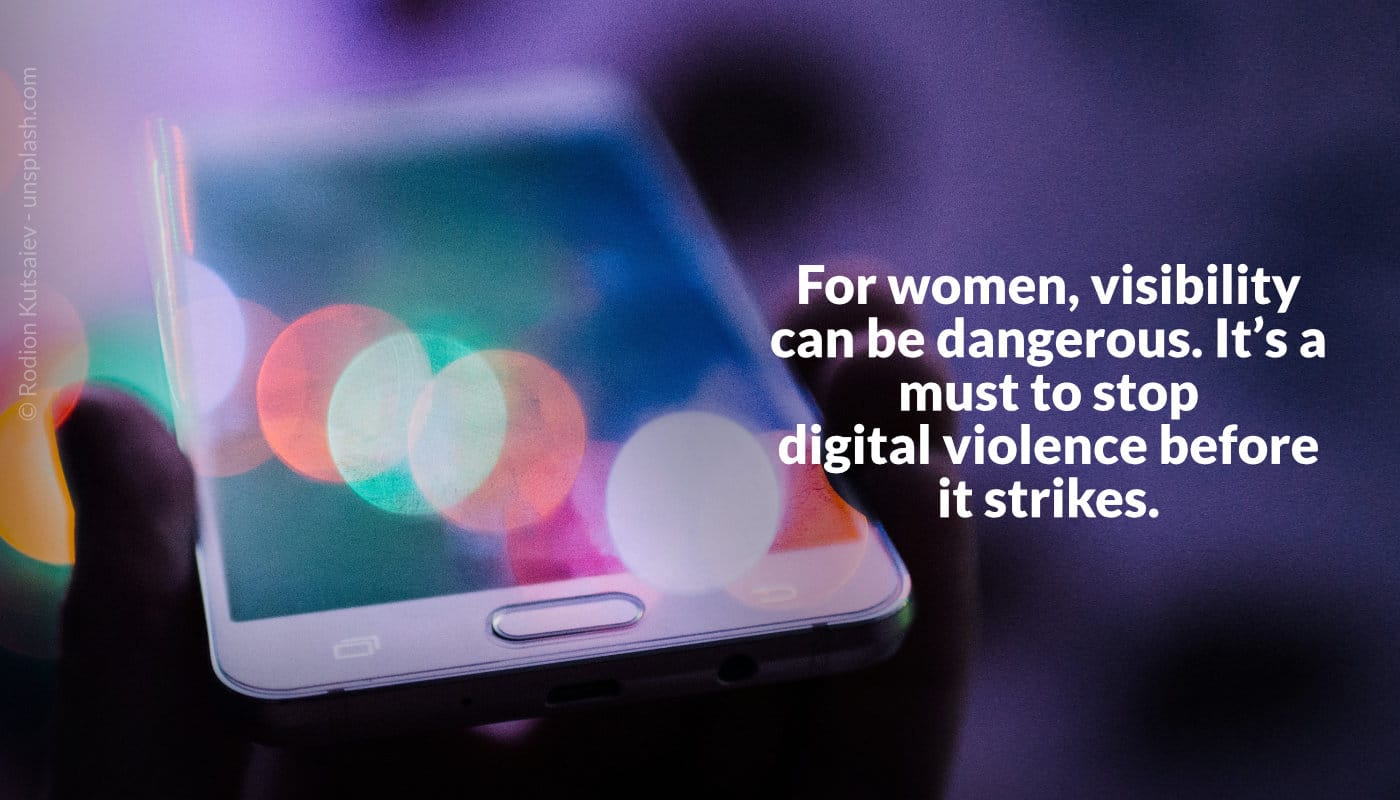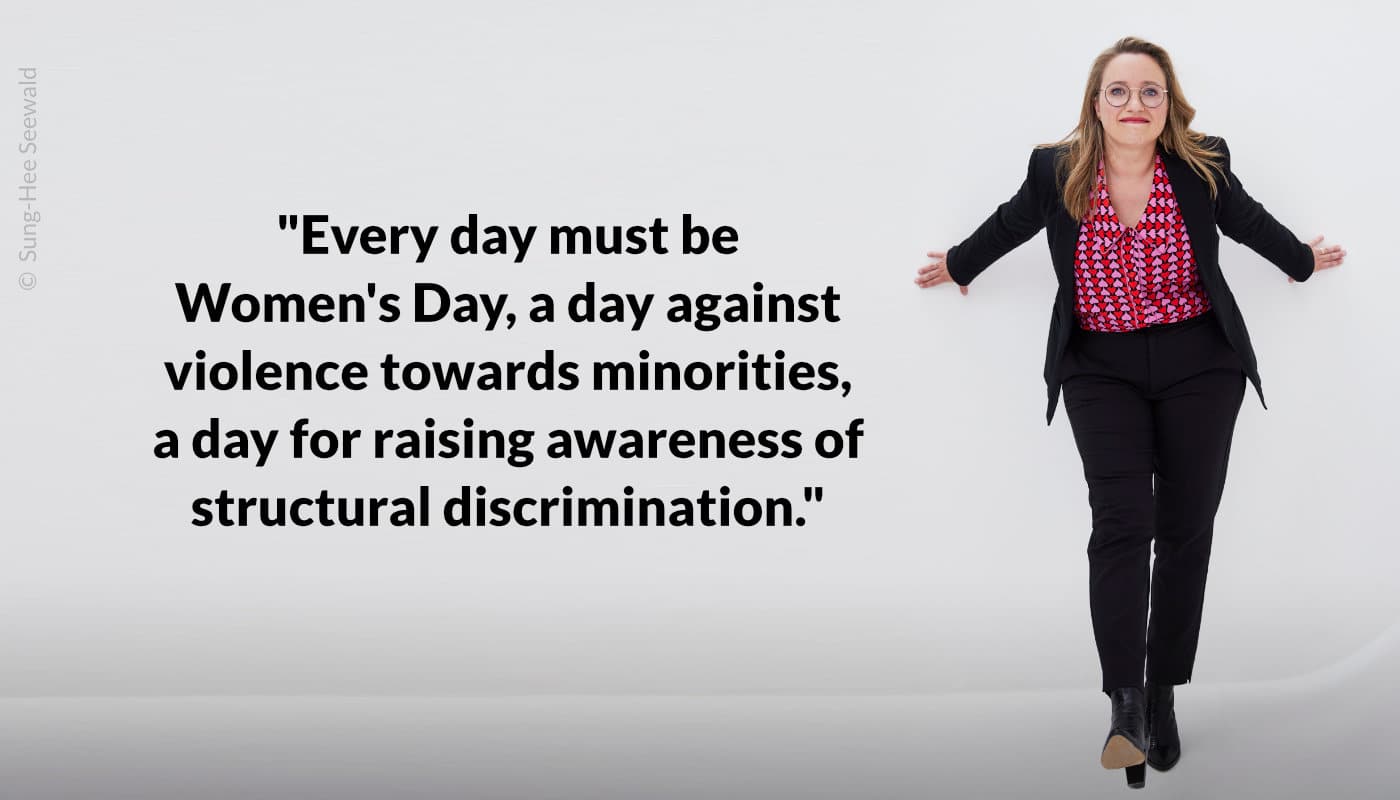“We no longer need men to explain women’s bodies to women.” Mandy Mangler is a chief physician, professor, mother of five – and wants to revolutionize gynecology. Vera Schroeder spoke with her for *Süddeutsche Zeitung* (SZ+).
“I want to move away from the male-dominated perspective in gynecology,” says Mangler. To bring a new, female perspective to the field, she has written *The Big Gynecology Book*. It also aims to fill professional gaps and provide important answers on topics such as menopause, the pill, and PCOS (one of the most common metabolic disorders in women).
“Women’s health has always received less funding than general medicine, which has predominantly been male-centered. For a long time, it was practiced by men, with very few exceptions. And the male body was the standard in research.” Even many of the medications used in gynecology were only tested on men. “The assumption was: Women are just smaller men.” But many drugs work differently in women.
According to Mangler, while 70% of gynecologists are now women, leadership positions in universities and hospitals are still over 80% held by men. “And the head of the professional association for gynecology has never been a woman. The training, treatment guidelines, and prevailing medical opinions are still almost entirely shaped by men.” In research—and even in the current healthcare reform—medical events such as childbirth are severely underrepresented. The outdated “mechanistic view” in obstetrics leads to a dehumanization that often results in psychological or physical violence.
Mangler describes her relationship with her male colleagues as good, but for some, it seems to be a challenge—”and occasionally a slight, when I simply describe what is. Often, it’s just the fact that I know something they don’t.”
She has had many difficult male superiors. “Maybe that’s why I had so many children during my specialization training as a gynecologist, because I occasionally needed breaks from these bosses. There was a lot of self-empowerment in that.” When she and her team once succeeded in standing up to a tyrannical boss, she learned that it’s important—and possible—to resist.
“Recently, a young male student asked me if it’s still okay for him to become a gynecologist. And I said: Well, there’s a huge market gap—you could become a feminist male gynecologist.”

Published by herCAREER,
Posted on LinkedIn on 08.11.2024












